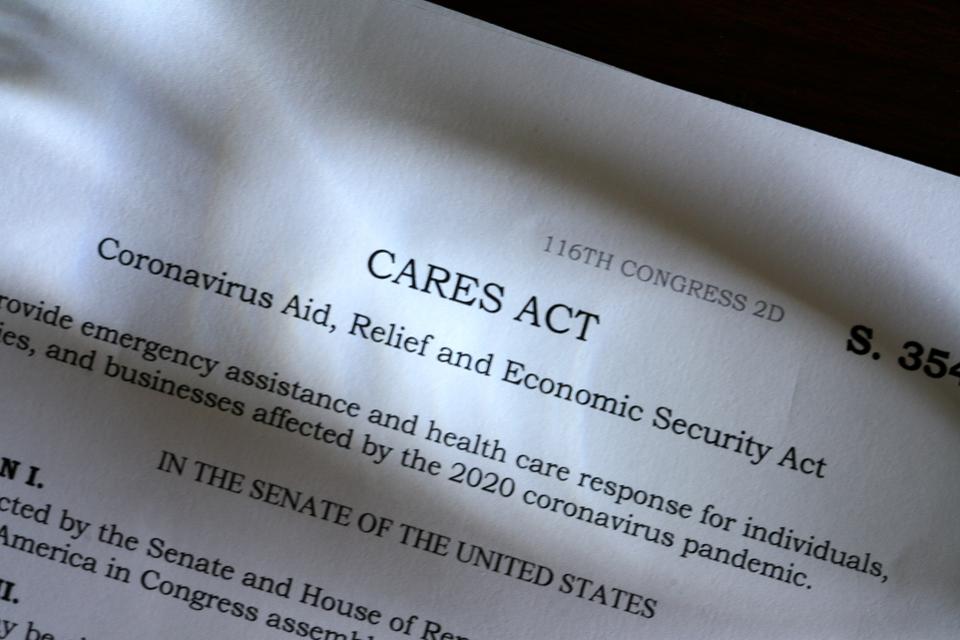On March 27, the President signed into law the Coronavirus Aid, Relief, and Economic Security Act (CARES Act), which is aimed at providing financial relief for the economic downturn caused by the Coronavirus pandemic. This summary includes some of the more pertinent issues to individuals.
Assistance for American Residents
All U.S. residents with adjusted gross income up to $75,000 ($150,000 married), who are not a dependent of another taxpayer and have a work eligible social security number, are eligible for a full $1,200 “rebate,” $2,400 married. In addition, they are eligible for an additional $500 per child (under the age of 17).
Action required: It might be beneficial to file the 2019 return as soon as possible.
Student loan provisions (Federal student loans)
The Act suspends student loan payments (principal and interest) through September 30, 2020 without penalty to the borrower for federal student loans. No interest will accrue on these loans during this suspension period.
Action required: Contact your lender
Unemployment insurance provisions
The Act creates a temporary Pandemic Unemployment Assistance program through December 31, 2020 to provide payment to “covered individuals” who are not traditionally eligible for unemployment benefits, such as self-employed individuals, independent contractors, and those who have limited work history because they were unable to work as a direct result of the coronavirus public health emergency.
The Act also provides an additional $600 per week to each recipient of unemployment insurance or Pandemic Unemployment Assistance for up to four months. There will also be an additional 13 weeks of unemployment benefits through December 31, 2020 to help those who remain unemployed after state unemployment benefits are no longer available.
Action required: Apply for unemployment through your State unemployment office
Retirement plan provisions
IRA Contribution Deadline
The deadline for filing an individual’s 2019 income tax return is extended to July 15, 2020. The IRS stated “Contributions can be made to your IRA, for a particular year, at any time during the year or by the due date for filing your return for that year. Because the due date for filing Federal income tax returns has been postponed to July 15, the deadline for making contributions to your IRA for 2019 is also extended to July 15, 2020.”
Withdrawals from Qualified Retirement Plans and IRAs, and Plan Loans
The CARES Act provides tax relief for retirement plan and IRA “coronavirus-related distributions” up to $100,000 taken by individuals on or after January 1, 2020 and before December 31, 2020. The CARES Act permits in-service distributions, provides an exception to the 10% early distribution penalty, exempts the distribution from the mandatory 20% withholding applicable to eligible rollover distributions, allows the individual to include income attributable to the distribution over a three-year period, and allows the for the re-contribution of the distribution to a plan or IRA within three years.
The CARES Act provides that for plan loans made during the 180-day period beginning on the date of enactment and December 31, 2020 the maximum loan amount is increased from $50,000 or 50% of the vested account balance to $100,000 or 100% of the vested account balance. The due date for any repayment on a loan is delayed for one year (normally five years).
Required minimum distribution (RMD) for retirement accounts
The CARES Act suspends RMDs for 2020.
No action required.
The CARES Act Tax Briefing from Wolters Kluwer is an excellent Special Report if you want more detailed information – CCH Tax Brief_CARES Act


